Discover the Charm of Stone Cottage Houses: A Comprehensive Guide to Design and Planning
Stone cottage houses have a way of captivating our hearts with their rustic charm and cozy ambiance. Whether you’re looking to build a new home or renovate an existing one, a stone cottage house can be a beautiful and unique choice. In this article, we’ll explore the design and planning aspects of stone cottage houses, discussing the pros and cons, and providing expert insights to help you create your dream home.
Stone cottage houses have been around for centuries, originating in the UK and Ireland where stone was an abundant building material. They were initially built as simple homes for farm workers and artisans, but over time, they evolved into cozy retreats for the wealthy. Today, stone cottage houses are prized for their characterful appearance, durability, and ability to blend seamlessly into their surroundings. With a well-planned design, a stone cottage house can be a truly magical place to live.
Setting the Scene: Choosing the Perfect Location for Your Stone Cottage House
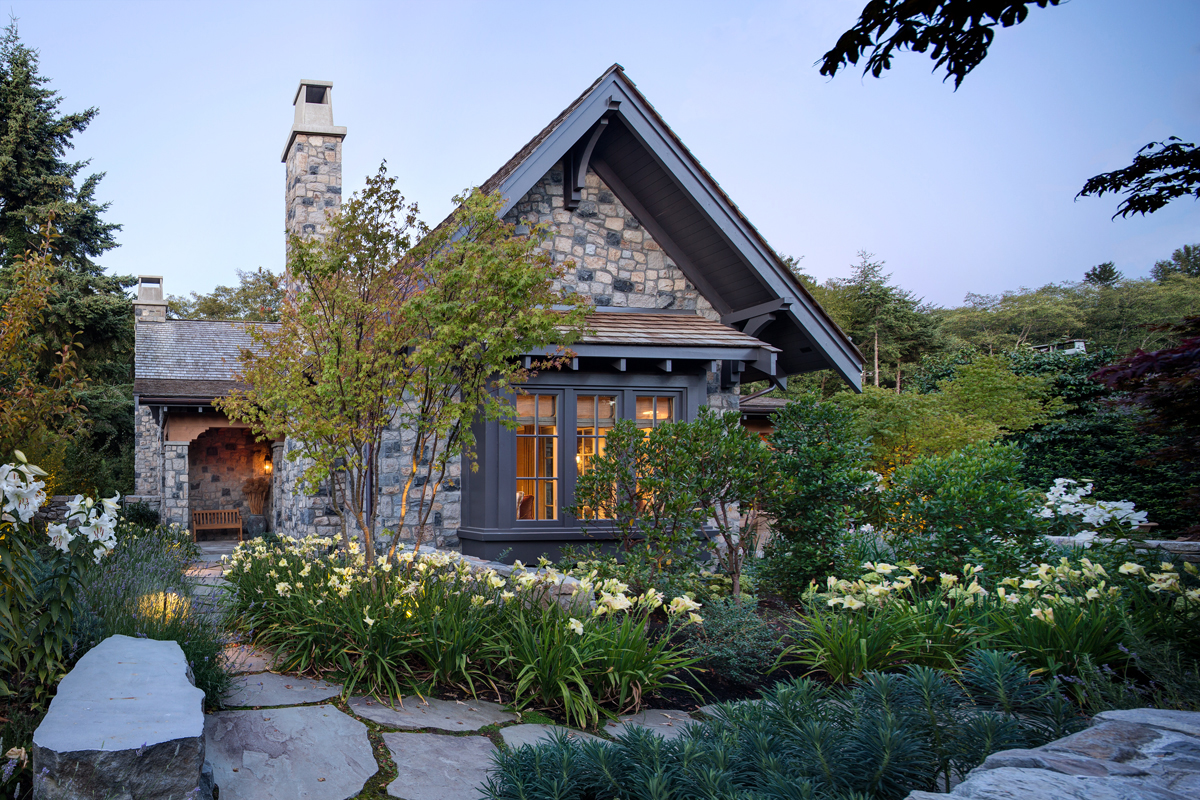
When it comes to building a stone cottage house, the location is crucial. Ideally, you’ll want a plot of land with plenty of space to roam, and a picturesque setting that complements the natural beauty of the stone. Consider a spot with rolling hills, woodlands, or a nearby body of water – these elements will enhance the charm of your stone cottage house and create a sense of tranquility. In my opinion, a rural setting is often the most suitable for a stone cottage house, as it allows the building to blend seamlessly into the surrounding landscape.
If you’re lucky enough to have a choice of locations, consider the factors that will impact your lifestyle. If you have a family, you may want to choose a spot that’s close to good schools, shops, and other amenities. On the other hand, if you’re looking for a peaceful retreat, you may prefer a more remote location. Either way, make sure the setting inspires you and makes you feel connected to nature.
Designing Your Stone Cottage House: Key Considerations
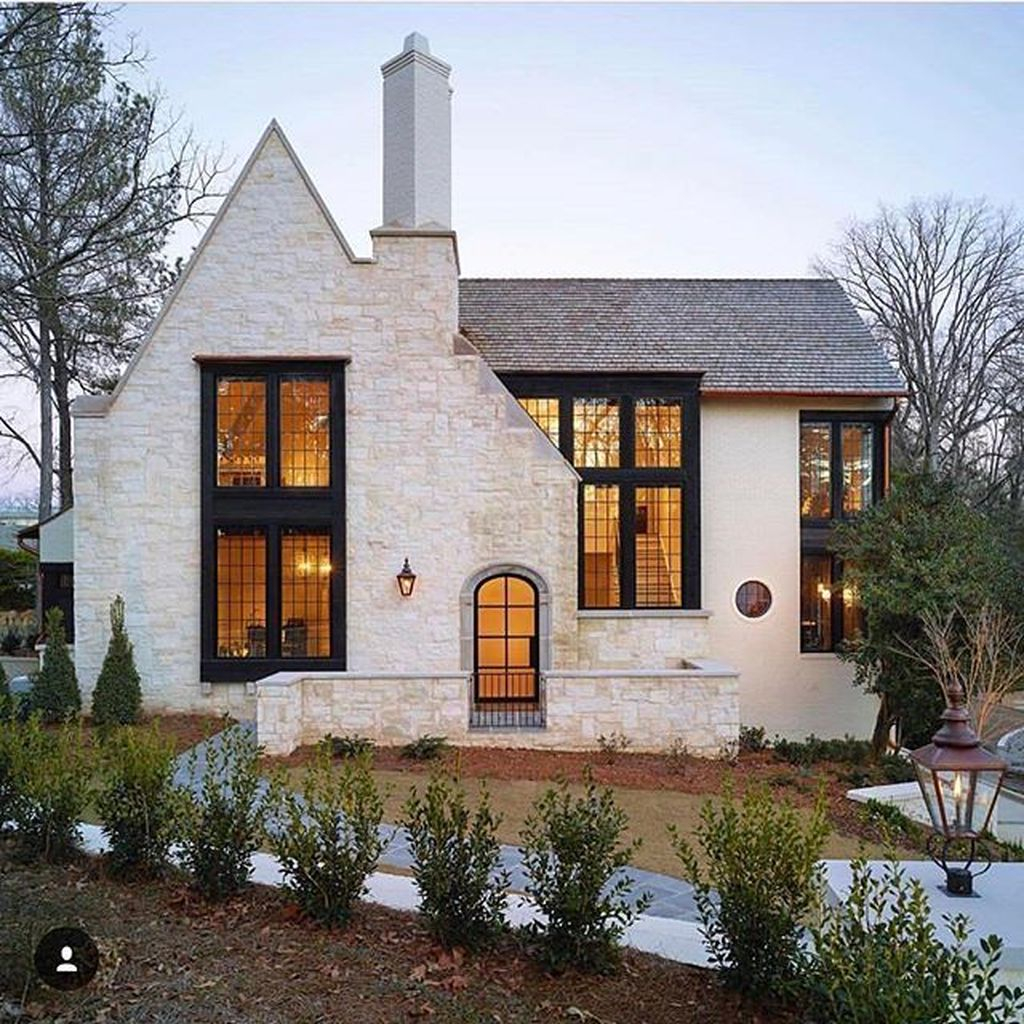
When designing your stone cottage house, there are several key considerations to keep in mind. First and foremost, you’ll want to ensure that the design complements the natural beauty of the stone. A simple, rustic aesthetic is often the most effective, as it allows the stone to take center stage. Consider a traditional cottage-style design, with steeply pitched roofs, chunky stone walls, and ornate chimneys. This style will not only look charming but also help to create a cozy, inviting atmosphere.
Another important consideration is the size and layout of your stone cottage house. Think carefully about how you’ll use the space, and prioritize the features that matter most to you. For example, if you’re an avid cook, you may want a spacious kitchen with plenty of room for a large dining table. If you work from home, you may need a dedicated office or study. In my opinion, a well-planned layout is essential for creating a functional and comfortable living space.
Choosing the Right Type of Stone for Your Cottage House
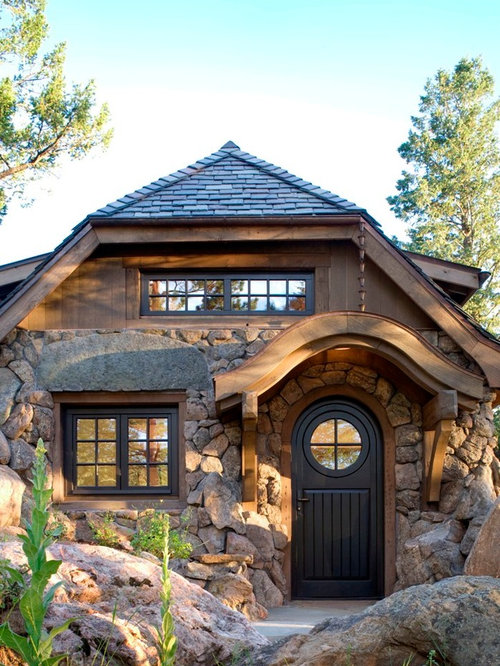
One of the most critical decisions you’ll make when building a stone cottage house is the type of stone to use. There are many options available, each with its own unique characteristics and benefits. Some popular choices include limestone, granite, and sandstone – these stones are all durable, attractive, and relatively easy to work with. Consider the color and texture of the stone, as well as its availability and cost.
In my experience, local stone is often the best choice for a stone cottage house. Not only will it be more accessible and cost-effective, but it will also blend seamlessly into the surrounding landscape. Additionally, using local stone will help to reduce the environmental impact of your build, which is an important consideration for many homeowners. Whatever type of stone you choose, make sure it’s of high quality and suitable for your climate.
Creating a Cozy Ambiance: Interior Design for Your Stone Cottage House
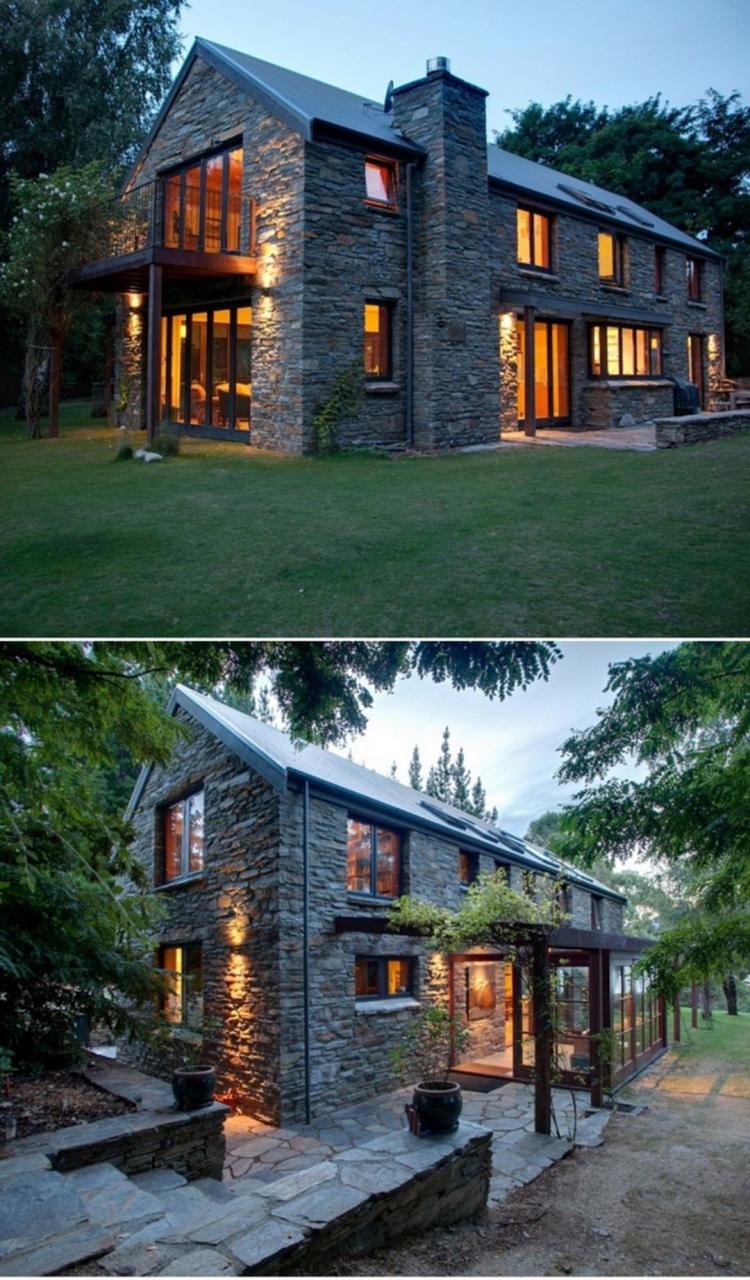
The interior design of your stone cottage house is just as important as the exterior. To create a cozy, inviting atmosphere, consider using warm, earthy tones and natural materials such as wood, wool, and stone. Choose furnishings that are comfortable and rustic, such as plush sofas, wooden chairs, and stone fireplaces. Don’t forget to add plenty of textiles, such as throw blankets, rugs, and cushions, to create a warm and welcoming feel.
To complement the natural beauty of the stone, consider using a neutral color palette for your interior design. This will help to create a sense of calm and serenity, and allow the stone to take center stage. In my opinion, a neutral color scheme is also a great way to create a sense of continuity between the interior and exterior of your stone cottage house.
Maximizing Natural Light: Window and Door Options for Your Stone Cottage House
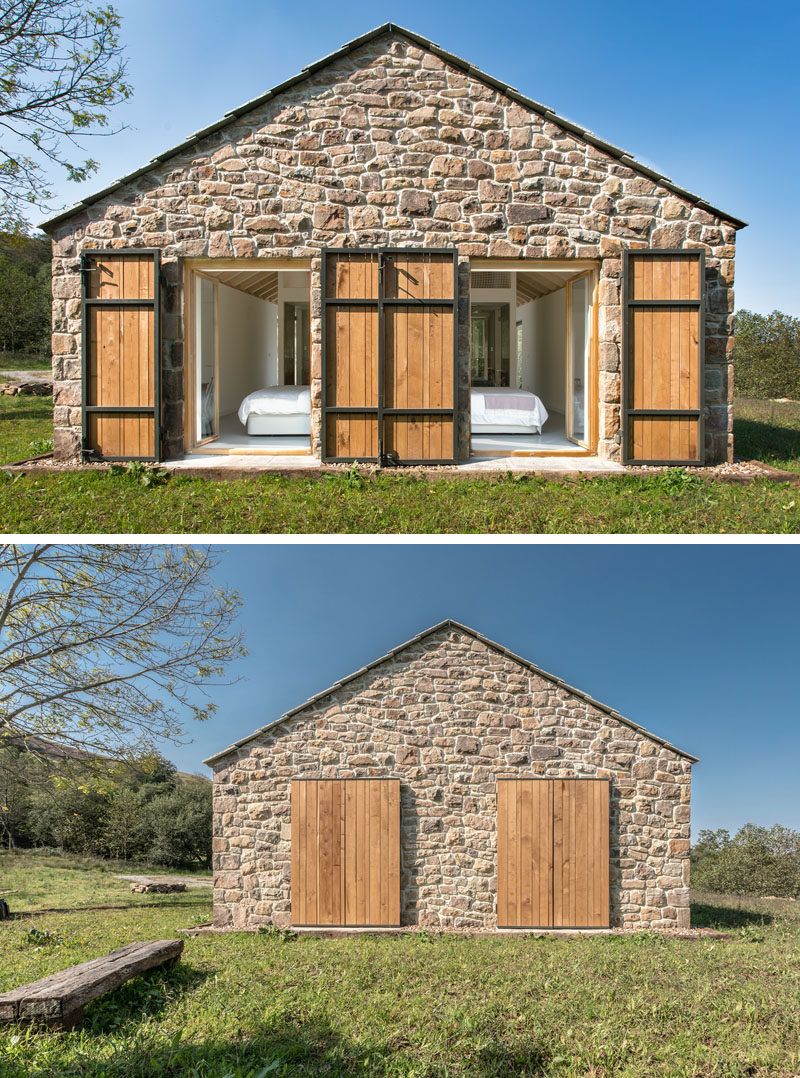
When designing your stone cottage house, it’s essential to consider how you’ll bring in natural light. This will not only help to create a bright and airy atmosphere but also reduce the need for artificial lighting. Consider installing large windows and doors, such as casement windows or sliding glass doors, to allow natural light to flood in.
Another option is to use skylights or roof lights to bring in additional natural light. These can be particularly effective in areas with limited natural light, such as hallways or stairwells. In my experience, using a combination of windows, doors, and skylights is often the most effective way to maximize natural light in a stone cottage house.
Heating and Insulating Your Stone Cottage House

One of the biggest challenges of owning a stone cottage house is keeping it warm and cozy. This is because stone is a natural conductor of heat, which means that it can lose heat quickly. To combat this, consider installing a high-efficiency heating system, such as a heat pump or a wood-burning stove. These systems will help to keep your stone cottage house warm and cozy, even in the coldest of temperatures.
Insulation is also essential for keeping your stone cottage house warm. Consider using natural insulation materials, such as wool or recycled denim, to line your walls, floors, and ceilings. These materials are not only eco-friendly but also highly effective at reducing heat loss. In my opinion, a well-insulated stone cottage house is a must for creating a comfortable and energy-efficient living space.
Sustainability and Energy Efficiency in Your Stone Cottage House

As concern for the environment continues to grow, many homeowners are turning to sustainable and energy-efficient building practices. A stone cottage house can be a great choice for those who want to reduce their environmental impact. Consider using locally sourced materials, such as stone, wood, and reclaimed materials, to reduce transportation emissions.
Another important consideration is energy efficiency. Look for ways to reduce your energy consumption, such as using solar panels or a wind turbine to generate electricity. You can also consider installing a rainwater harvesting system or a greywater system to reduce your water consumption. In my opinion, a sustainable and energy-efficient stone cottage house is not only good for the environment but also for your wallet.
Landscaping and Garden Design for Your Stone Cottage House
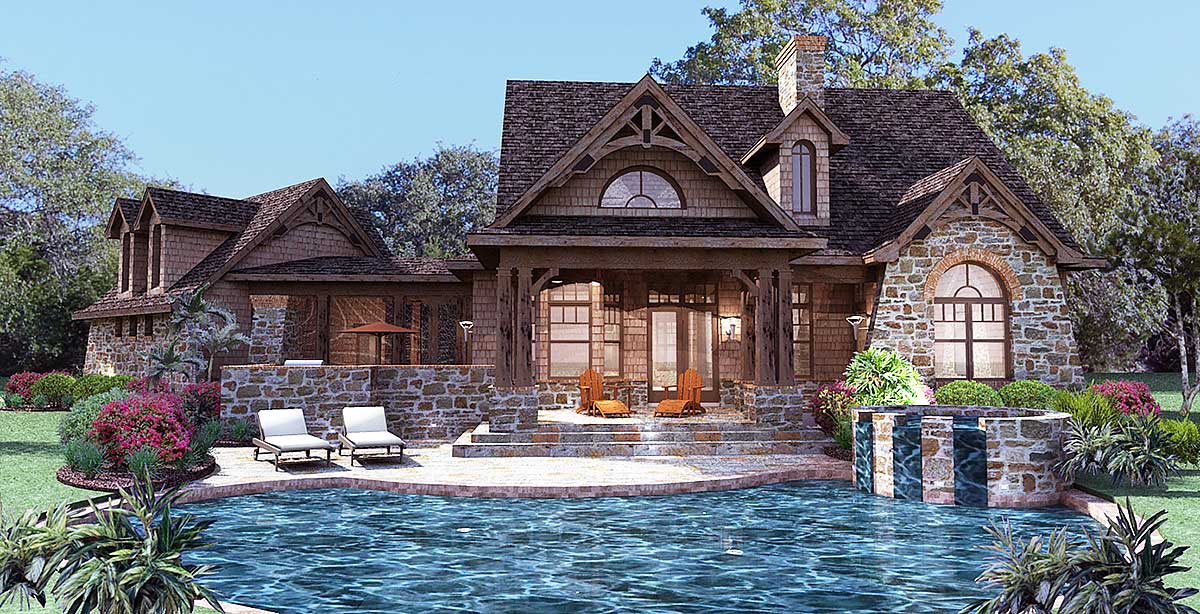
The landscaping and garden design of your stone cottage house are just as important as the building itself. Consider using native plants and trees to create a beautiful and low-maintenance garden. A meandering path, a stone patio, or a peaceful pond can also add to the ambiance of your stone cottage house.
In my experience, a well-designed garden can also help to create a sense of continuity between the interior and exterior of your stone cottage house. Consider using the same natural materials, such as stone or wood, to create a seamless transition between indoors and out. This will help to create a sense of flow and make your stone cottage house feel like a true retreat.
Stone Cottage House Maintenance and Upkeep
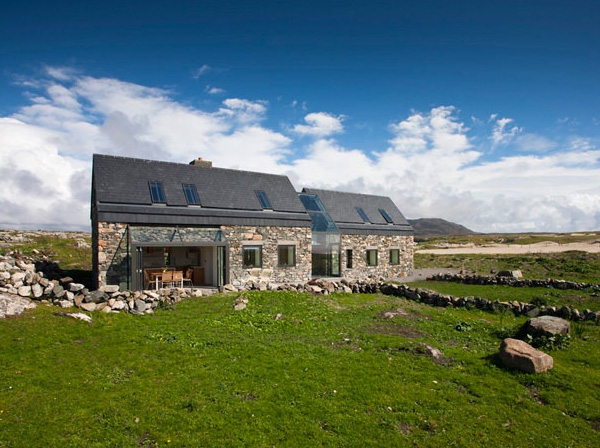
While stone cottage houses can be beautiful and durable, they do require regular maintenance to keep them in good condition. Consider setting aside a budget each year for repairs and upkeep, such as repointing stone walls or replacing roofing materials.
In my opinion, regular maintenance is essential for extending the lifespan of your stone cottage house. Look for ways to prevent damage, such as using a waterproof sealant to protect your stone walls or installing a gutter system to direct water away from your building. With regular maintenance, your stone cottage house can remain a beautiful and functional home for generations to come.
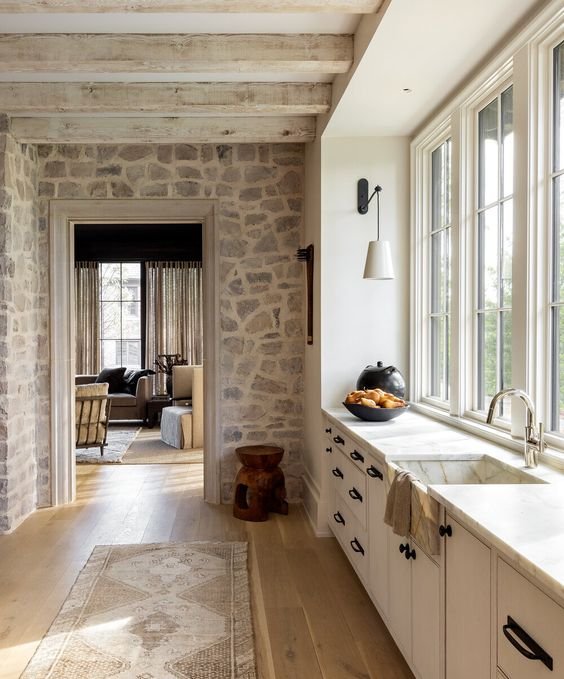
Budgeting for Your Stone Cottage House: Expectations vs. Reality
When building a stone cottage house, it’s essential to have a clear understanding of the costs involved. Consider setting aside a contingency fund for unexpected expenses, such as repairs or upgrades.
In my experience, it’s also essential to be realistic about the timeline and budget for your stone cottage house. Building a custom home can be a complex and time-consuming process, so be prepared for delays and unexpected expenses. With careful planning and budgeting, you can create a beautiful and functional stone cottage house that meets your needs and exceeds your expectations.
